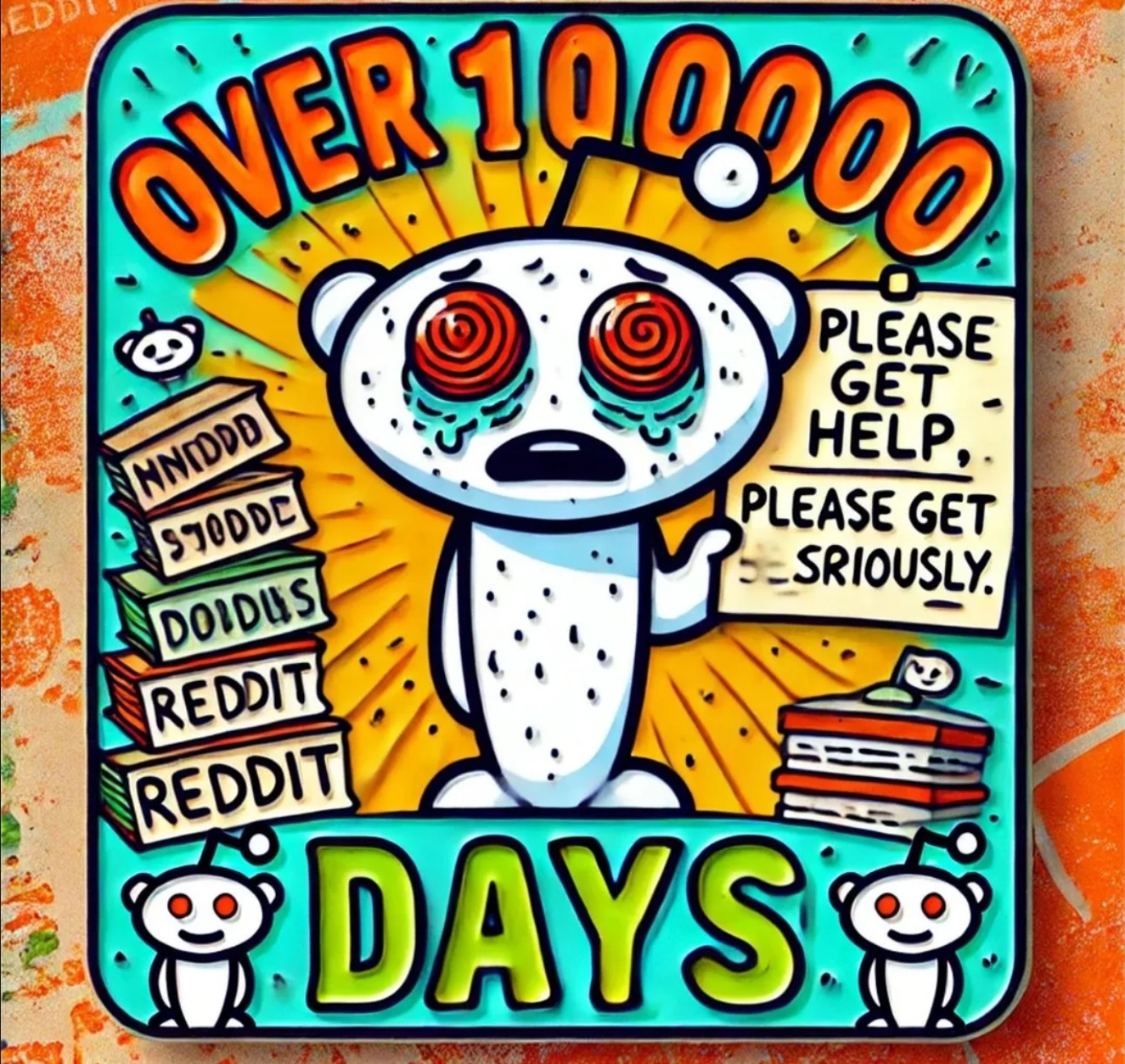The Matrix is interesting because arguably only the first movie was classic. The movies that came afterwards were big and flashy but lacked the impact of the first.
I remember seeing Matrix 2 in theatres, and the scene on the highway is really a good example. There was a massive car chase, a fight on a transport truck, lots of explosions and flash and kung-fu fighting, but I was bored. Back then, televisions were vacuum tubes, and I was watching the movie on a giant movie theatre screen in high definition, but I was bored.
The first film had quiet moments, but it also had tension because a lot of the characters in the movie do die. We see several people die over the course of the movie and they don't come back, they aren't saved by a deus ex machina. It seemed contrived the way in Matrix 2 they basically needed to teleport Neo to the other side of the planet so he could be kept out of a scene and he had to superman it back.
Ironically though, you can do a great story about a character on God mode. Japan has an entire genre of anime where the main character gets cheat powers.
Another way isekai handles the "god mode" problem is to make it so you don't care the MC is overpowered. In The Matrix, the end of the first movie chastens the Matrix. They know Neo is The One, and they respect him deeply even though they're opposing him. It sort of means there's nowhere to go. He's overpowered and everyone knows he's overpowered and everyone is scared of him. By contrast, in isekai often the enemies think they stand a chance and so they use the perceived imbalance to really kick the dog, really make the audience hate them. The fun of a "God Mode" character is seeing an overconfident and really evil antagonist get their comeuppance. They thought they were in control, but in reality they were just a fly buzzing around the MC waiting to be righteously swatted.
Isekai can also make their cheat powers interesting by making learning them an arc. Matrix 2 for example could have shown that the two things Neo did at the end of Matrix 1 were not enough to deal with the strongest threats the Matrix could muster, and so he'd have to use hard work and diligence to learn the fundamentals of his powers and become much more powerful so he could overcome the greatest threats. This could have an inherent tension in The Matrix because he could only train on his powers while inside The Matrix, but being inside the Matrix would also be the one time he was actually at risk from it as well. Instead, we got a whole Zion subplot.
One of the reasons this kind of training arc also works is that it demonstrates that the power alone isn't what makes the hero heroic. Most isekai protagonists with cheat powers are often told their powers are useless and won't be beneficial to anyone. The reason the protagonist is successful isn't just the cheat powers, but because of the hard work, diligence, and ingenuity that helped them master their powers. Outside of Isekai, consider Naruto. He starts off as hated, then has this gross red chakra that makes him more powerful but takes away his humanity and doesn't make him all-powerful as most high-level opponents defeat him in that state. He has to learn how to master chakra and the rasengan, but he also has to use his innate virtue to communicate with, tame, and later befriend the nine tails to change the nasty red chakra into something that turns him into a glowing being of overwhelming power. He never would have earned that power without his innate virtue and his clever intuitions about how to connect with a being that is a prisoner inside of him (with the help of other jinkurichi like Killer Bee).
The final movie could have meant finally transcending the Matrix altogether and having Neo (and his friends who could have been somewhat powered up by the new wisdom Neo gains during his training to keep them relevant) entering the machine mind. The concept of an Agent Smith who sucks people up like a virus is still acceptable, but the movies never investigate the idea that Smith gains his power through non-virtuous means while Neo would earn his power through acts of virtue. In the actual movie, Neo gains real-world Matrix powers that are not in any way investigated or explained for no apparent reason than he's special. Smith ultimately wins because he's more powerful, and only through a philosophical deus ex machina does Neo defeat Smith. It was a cool fight, but it doesn't feel like a good payoff, and it doesn't really feel earned. If instead Neo gains some measure of control over the robots in the physical world because of his brave actions in the virtual world, then that could help resolve part of the Zion plot. In the end, you could still have a major fight between The One Neo and The Many Smith, but it could be framed in such a way that Neo's fight is with power he gained through discipline, virtue, and bravery and the support and love of his friends while Smith's powers were gained through greed, vice, and cowardice but rejecting friendship, and in the end Neo wins because of the attributes inherent to that virtuous rise to power, and Smith would lose due to the attributes inherent to his vicious rise to power.
One final thing is you could tie the concept of virtue vs. vice, of the one among many vs. many subsuming the one and you could help win the war against the machines by convincing the ruling class of the machines that humans and machines can work together after all. There could even be a character who similar to how Dozer and Tank exist entirely in the real world exist entirely in the Matrix. I mean a main character who can join in on Matrix adventures, perhaps Neo's teacher in the second film who is a rogue AI program or something. In that way, the end of the machine war and the end of The Matrix would be representative of Neo's virtue rather than just the fact he's machine Jesus.
I think the reason the Wachowskis didn't go this route lies in the first movie: "Simulations and Simulacra", one of the defining tomes of postmodernism. The rejection of overarching narratives means that ultimately they couldn't accept the victory being because the good guy was virtuous and the bad guy was vicious, because that conception breaks the ideology. This explains to an extent why the Matrix movies have been so disappointing since the first one, and it also explains why they didn't take these clear and obvious steps that would have made the trilogy likely one of the greatest movie franchises of all time. Their ideology simply couldn't accept a broad narrative like that.
I think the fact that Neo is a postmodern superhero is the key here. His job was to deconstruct the established narratives, and once he's done that the movie ends. However, you can't deconstruct into building something, so the later movies feel directionless because of it. You'd have to transition into either traditional narratives or at least into a metamodern conception where you destroy but you balance it with building.
I think I might understand why the Wachowskis failed to pivot from postmodernism: They are fish made of the water they were born in. They might have had pretensions for philosophical depth, but in reality The Matrix was a mirror reflecting the postmodern narratives that had become dominant by the late 1990s. Being well-versed in the philosophy of the age, they were able to produce a seminal work reflecting those values. Beyond that, they floundered because they were able to integrate philosophical speeches into their work, but weren't able to effectively tell stories about those alternative philosophical systems. Similar to if I tried to write a story about living in the barrios of Mexico, I could read some stories and try to create something based on that, but the inauthenticity of the stories would be unavoidable.


